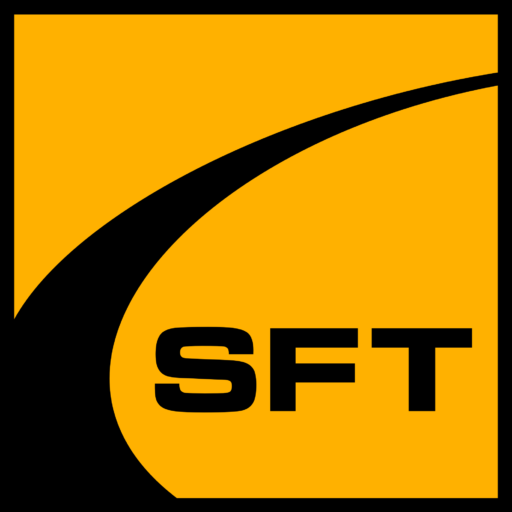
Telehandler Training: Mastering the Skills for Safe Operation
The construction and industrial world is constantly changing. Staying ahead of the curve demands expert knowledge of telehandlers, which are robust and multipurpose gear used for lifting, moving, and placing items. By providing themselves with the proper training, operators can significantly enhance workplace safety, operational efficiency, and overall project productivity. This blog will guide you through the core elements of telehandler training, exploring its crucial role and the comprehensive approach required to master these powerful machines.
Understanding the Fundamentals
With its extending boom, a telehandler—also called a telescopic handler—melds the purposes of a forklift and a crane. This exceptional ability entitles it to hold materials at varied altitudes and distances, making it vital across diverse sectors such as agriculture, construction, and industry. Given its intricacy and the potential risks associated with its operation, comprehensive training and proper certification for operators are essential to guarantee safe and effective handling.
Safety First: The Core of Telehandler Training
Telehandler training programs are developed to meet relentless safety measures and regulatory provisions, ensuring operators are well-versed in both theoretical knowledge and practical skills. Training encompasses understanding the machine’s analysis, stability, and load capacity, along with executing operational checks and maintenance routines to ensure the telehandler operates safely and efficiently.
The Curriculum: Comprehensive and Practical
Effective telehandler training courses cover a wide range of topics:
Pre-Operational Inspections: Operators learn to perform detailed checks that include examining hydraulic systems, tires, brakes, and safety devices to ensure the machine is in optimal working condition before operation.
Operational Techniques: Training includes mastering control operations, managing vehicle stability, handling loads safely, and maneuvering through varied workplace conditions such as uneven terrain and crowded sites.
Emergency Handling and Environmental Considerations: Operators are trained to respond to emergencies effectively and adapt operations to environmental conditions like inclement weather or restricted visibility.
Certification and Compliance: Ensuring Legality and Safety
Operators must receive certification upon completing their training, which is compliant with OSHA standards. This certification, usually valid for three years, confirms that the operator has met the required educational and safety training criteria to operate telehandlers safely and is subject to periodic reevaluations.
Advanced and Specialized Training Modules
Advanced telehandler training courses extend beyond fundamental skills to include specialized modules, such as precise load manipulation, adherence to site-specific safety protocols, and the effective use of various attachments. This targeted training ensures operators are well-prepared to tackle complex tasks and seamlessly adapt to diverse operational environments, enhancing their proficiency and versatility with the machinery.
The Path to Mastery
Mastering telehandler operations through comprehensive training is not just about meeting legal requirements—it’s about ensuring operational excellence and safety. At Safety First Training, commitment to high-quality education is reflected in the robust onsite and online course options available, earning the trust and approval of clients as evidenced by a 5-star customer rating. Whether it’s preparing for new challenges on the job site or reinforcing existing skills, investing in the right training is investing in the future of safe and efficient workplace operations.
Recent Blogs
- Aerial Lift Platform Training
- National Day of Mourning - April 28
- WHMIS Training in Richmond Hill
- Fire Safety Training Etobicoke
- FIRST AID & CPR TRAINING
- Aerial Lift Facts
- Why CMRAO Requires CPE Credits for Condo Managers & How to Earn Them
- WHMIS Training and Certification in Pickering
- Forklift Use in the Workplace
- WHMIS Training Certification in Brampton
- WHMIS Training and Certification in Markham
- Industrial Lift Equipment Training
- Online Safety Training
- Counterbalance Forklift Training Whitby
- WHMIS Certification in Vaughn
- Counterbalance Forklift Training in Ontario: Boost Safety and Compliance with Safety First Training
- Transportation of Dangerous Goods
- Scissor Lift and Genie Boom Training In Toronto
- Scissor Lift Training and Certification for Safe Operations
- Air Quality a Main Reason for Respirator Mask Fit Testing

